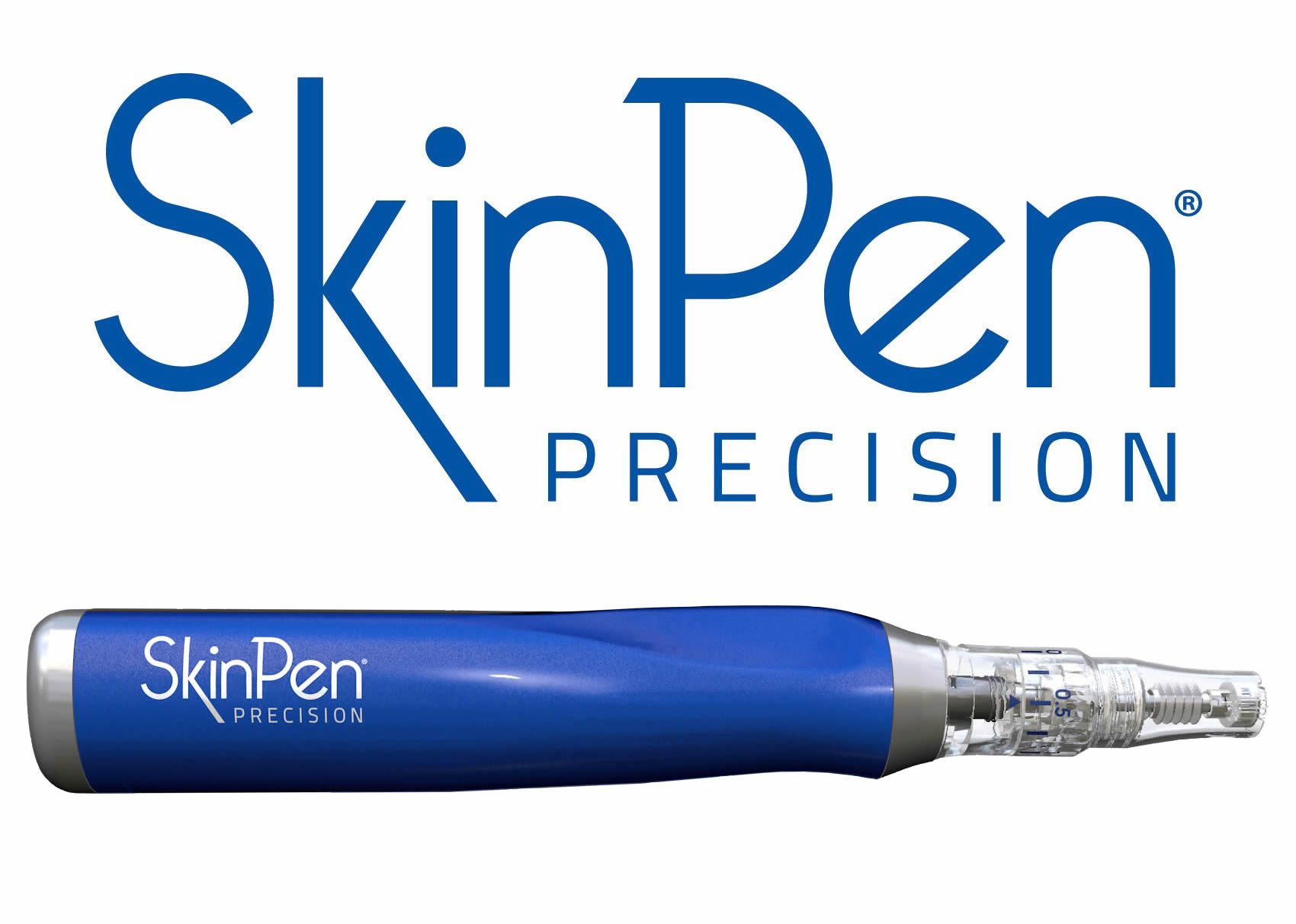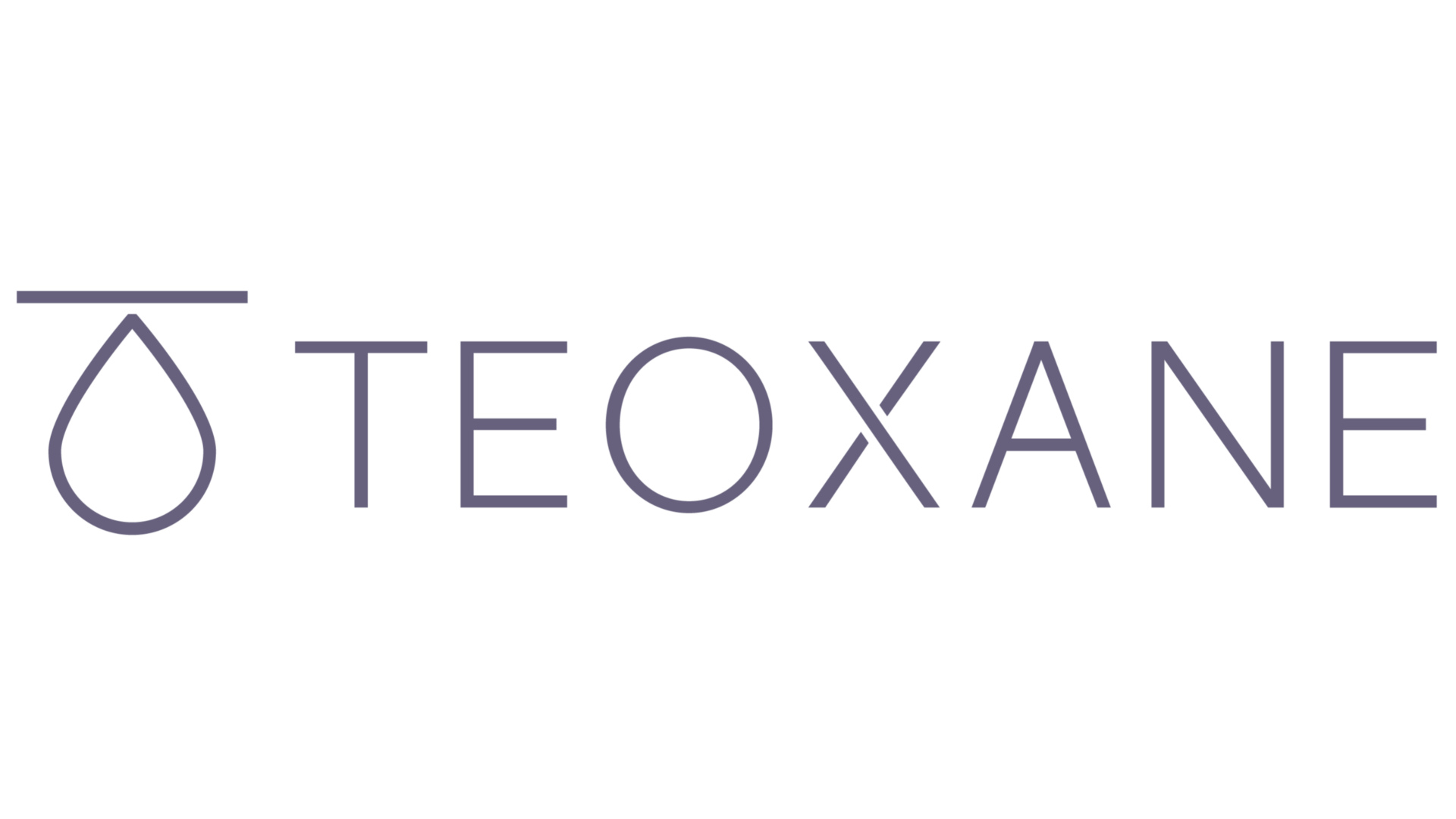If you’ve been trying to find an all-round, anti-ageing ingredient which is able to brighten your complexion, smooth lines, minimise brown spots and infuse your skin with a youthful glow, look no further, Vitamin C is your all-in-one miracle worker.
According to Cult Beauty, Vitamin C topped the chart of the most Googled skincare ingredient of 2020. Thus, it’s no wonder that this powerful nutrient has become a star ingredient of any reputable skincare product and a staple of youthful, glowing skin.
This powerhouse antioxidant has the ability of fighting oxidative stress, meaning it can prevent or reduce damage to your cells by neutralising the production of highly reactive molecules, known as free radicals. Oxidative stress produces an imbalance in the levels of free radicals, which can lead to the damage of cells and tissues within the body. Because of its antioxidant properties, Vitamin C rebalances the levels of free radicals, supporting the development of white blood cells and promoting the growth and repair of tissues in all parts of the body, including your skin.
This is why Vitamin C is the ultimate skin warrior when it comes to protecting your skin against UV light and other environmental aggressors, as well as blocking abnormal production of pigmentation to even out skin tone and fade dark spots.

Where does Vitamin C come from?
Vitamin C is found in nature in several different forms. The most biologically active, and thus most beneficial, is L-ascorbic acid.
The human body doesn’t produce L-ascorbic acid naturally, therefore it is important to introduce it through a well balanced diet in order to receive its essential nutrients.
Many vegetables and fruits, such as strawberries, blackberries, oranges, kiwifruit, papayas, broccoli, leafy greens, tomatoes, kale, and potatoes, contain a high concentration of Vitamin C, so including them in your diet will ensure your body is well-armed to fight off free radicals.

The skin however doesn’t get enough L-ascorbic acid from just the food you eat, so it needs topping up with its topical form to see the benefits in any significant way. Topical Vitamin C helps offset daily aggressors like UV light damage and air pollution, and support the revival of your skin’s elasticity. Because Vitamin C is highly acidic, when used topically it promotes the skin’s natural healing process by speeding up the production of collagen and elastin.
Although there are different forms of vitamin C, L-ascorbic acid’s potency makes it the preferred option for most dermatological and skincare products.
The type of L-ascorbic acid typically used in topical skincare is synthetically sourced. This is partly due to the breakdown of L-ascorbic acid that occurs when it is exposed to air, high temperature and water, meaning its strength is degraded when exposed to heat and oxygen. In addition, the amount of Vitamin C found in naturally occurring sources is not sufficient to formulate a skincare which is effective enough to improve the skin’s appearance.
Studies have shown that skincare products containing synthetically sourced L-ascorbic acid have the ability to diminish the visibility of pigmentation, accelerate collagen production, reduce inflammation, improve sun damaged skin, and maintain the integrity of the skin’s natural defence barrier.
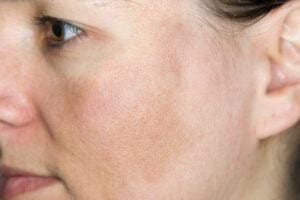
How can you introduce this mega-multitasker to your skincare regimen?
Because it is such a powerful antioxidant, when adding vitamin C to your skincare, you should always take a gradual approach. This means starting conservatively with a low concentration of 10%, 2-3 times a week and from there, building it up to a higher concentration of 15% or 20% and daily use.
For oily or normal skin, L-ascorbic acid can be the most beneficial form, while for dry and sensitive skin, magnesium ascorbyl phosphate, a water-soluble vitamin C, is gentler and less likely to cause irritation.
Another important factor to take into account is the ability of products to go deep into skin. For a topical vitamin C formulation to work, it must first penetrate skin and then remain stable and be available in high enough concentrations to have a biologic effect.
This is why I would always advise consulting a dermatologist or skincare specialist, before you commit to a particular product. They’ll be able to assess your skin type and recommend the most appropriate solution for your skin.
You can choose between bringing a single Vitamin C-based product, such as a serum, into your skincare routine, or using a Vitamin C skincare range, which can help you better address certain skin problems such as hyperpigmentation.

Serums are designed to deliver a high concentration of actives, so an ideal choice to infuse skin with Vitamin C. They are also able to keep L-ascorbic acid stable and enhance penetration through the outer skin layer. That being said, sensitive skin types might benefit from mixing their serum into a moisturiser, or opting for a vitamin C-infused moisturiser for gentler delivery and less irritating results.
Clinical studies have shown that Obagi Professional-C serums offer significantly better penetration than other Vitamin C serums and are absorbed up to FIVE times better.
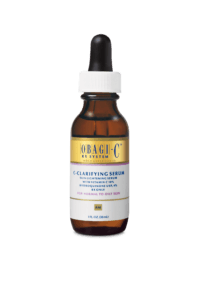
If you suffer from skin discoloration or hyperpigmentation, you may want to opt for a full Vitamin C-formutated skincare solution to help you even out skin tone and reduce photo-ageing, which is the premature ageing of skin caused by repeated exposure to ultraviolet (UV) radiation.
The Obagi-C® Rx System contains 10% L-ascorbic acid to aid with the defence against free radicals, and a broad-spectrum sunscreen to protect against harmful UVA and UVB rays.
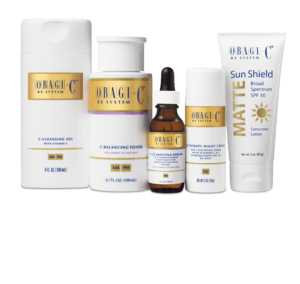
You can read more about Obagi’s systems here.
So, if you are ready to tackle pigmentation, reduce fine lines and wrinkles, and enjoy bright, dewy, and glowing skin at all times, add vitamin C in your skincare routine and let your skin speak for itself.
Being a doctor myself, I always look for evidence-based science behind products to ensure my clients’ skin receives the best care and improves its condition. This is why I have chosen to partner with Obagi, a company I trust and whose products have been scientifically proven, showing significant results when treating premature skin ageing, acne, hyperpigmentation, sun damage, and melasma.
For more information on how I can help you find the most suitable treatments for your skin concerns, get in touch.






